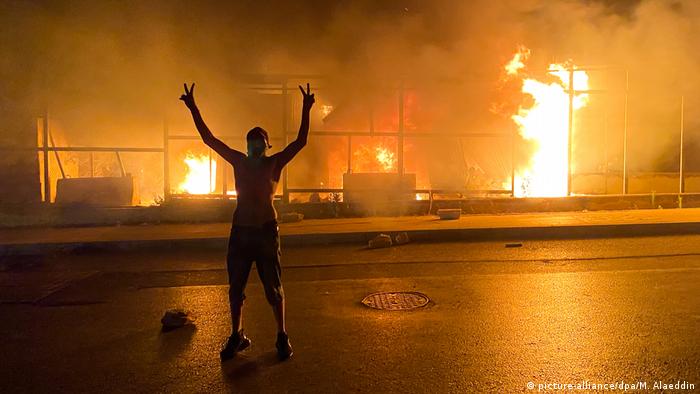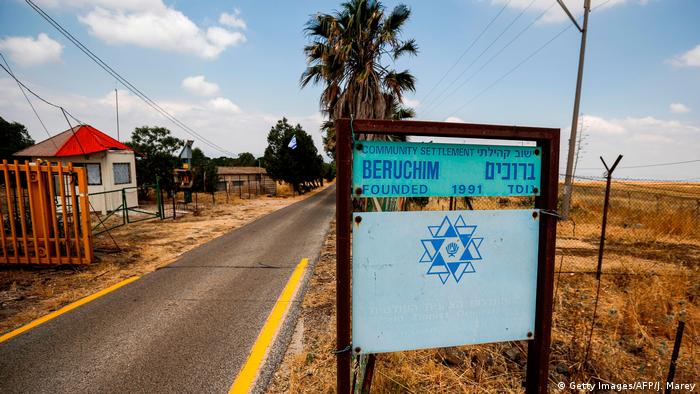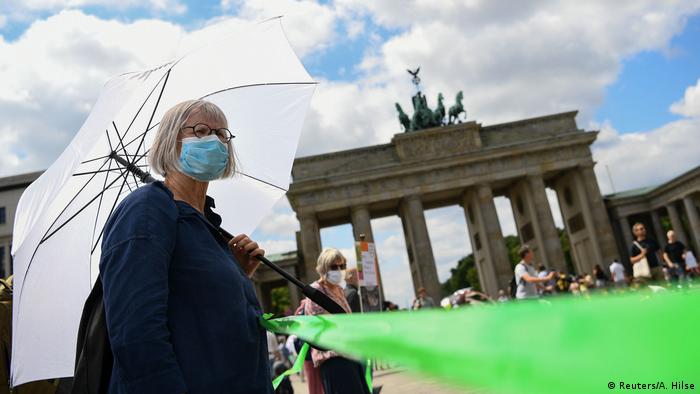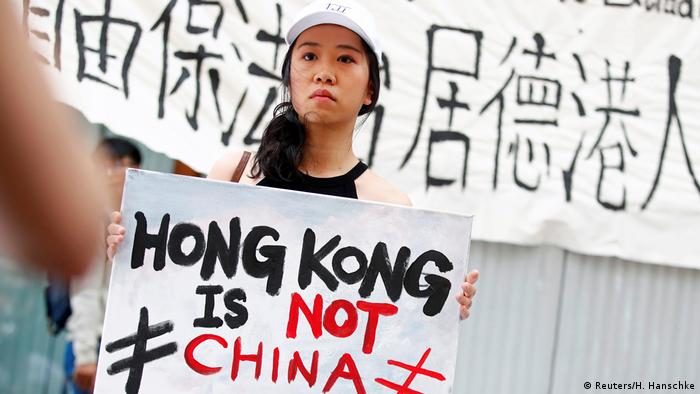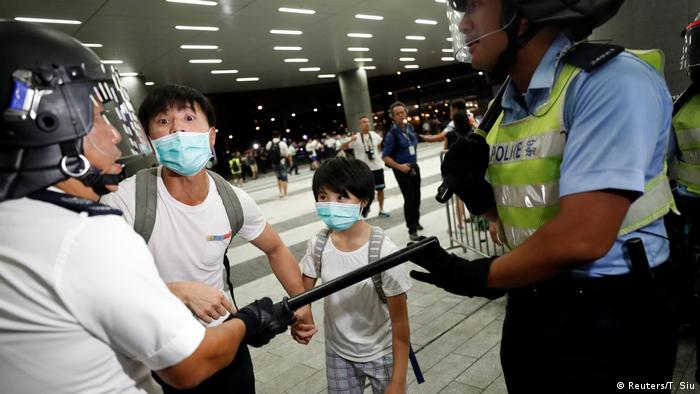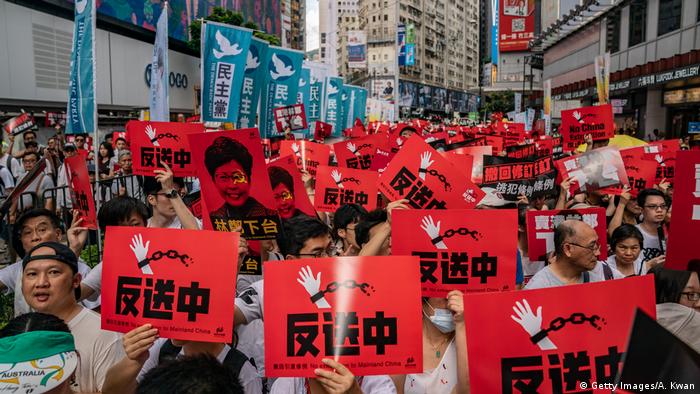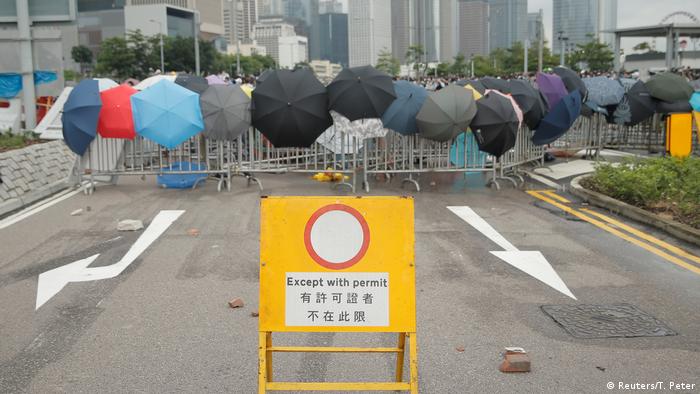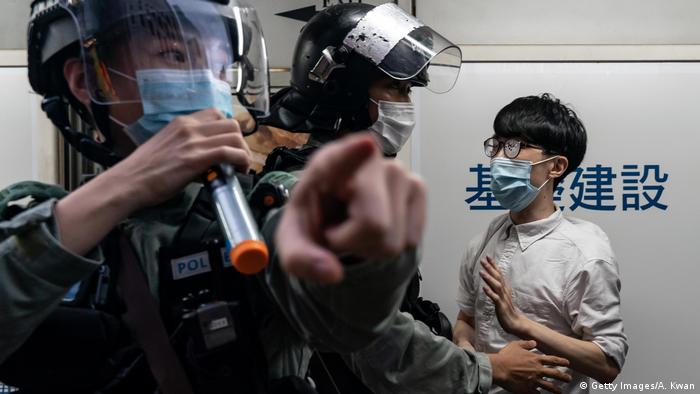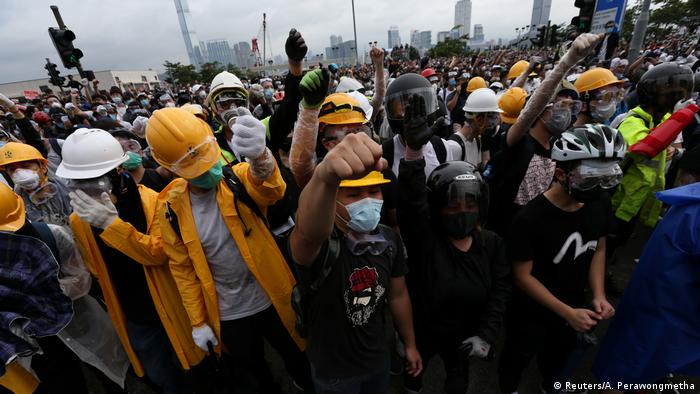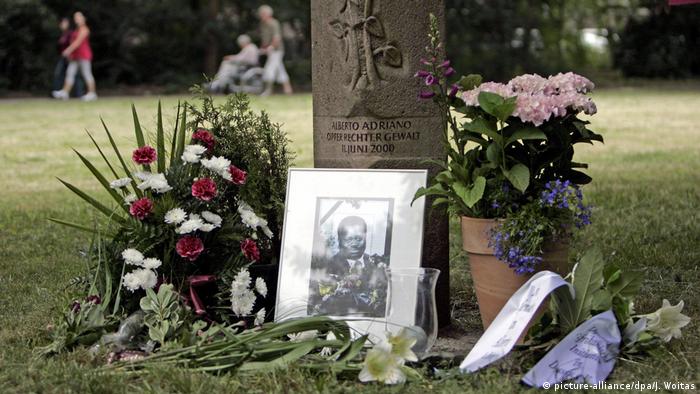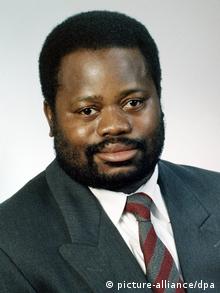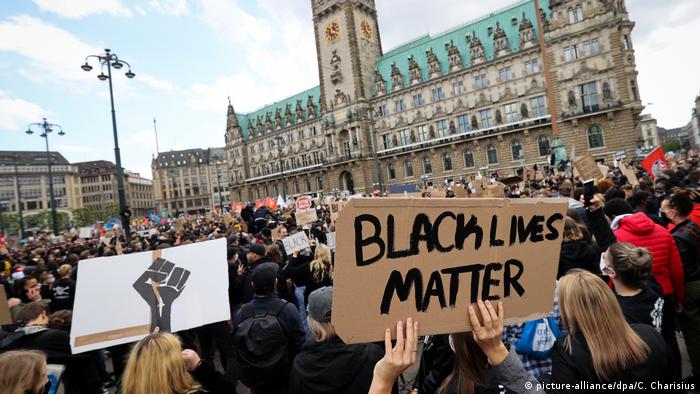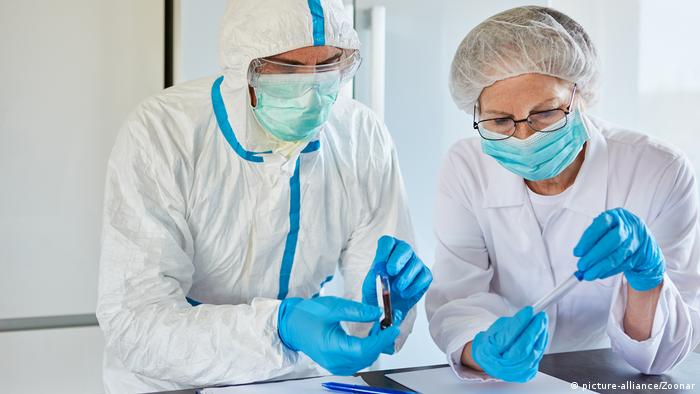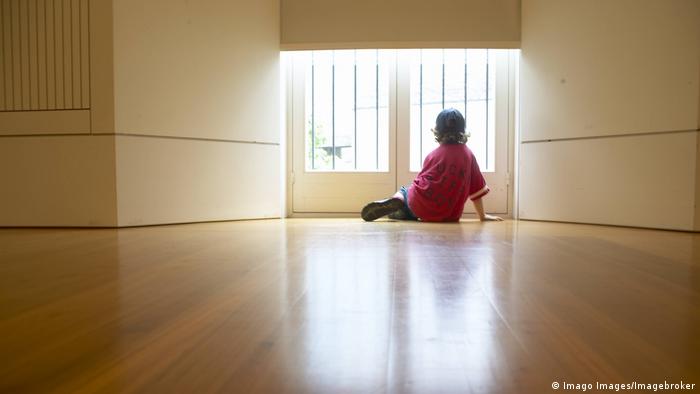The fact that entire communities can still function despite the coronavirus pandemic is probably due to the efforts of women. They often take care of sick relatives and look after children and the elderly voluntarily.
Zimbabwean sociologist Martha Mutisi believes that this is particularly true in African societies. "Women always played the role of care givers," Mutisi told DW. "But that has been exacerbated, especially for those who had to take care of the sick and also for those who have to home school their children."
Mutisi says the extra chores around the home have increased, without a parallel increase in sources of income. Coronavirus places more demands on many women — and at the same time threatens to frustrate ongoing efforts for equality.
Mutisi is one of the co-founders of the Women, Peace and Security (WPS) program at the University of Columbia in New York. Its aim is to connect women organizations in as many countries in sub-Saharan Africa as possible and create platforms where women can share their concerns with government bodies and the media.
"We want to give women a voice and strengthen their participation in government decisions," Mutisi says."This is particularly important in crisis situations such as the one we are currently experiencing."
'Feminization of poverty'
Over the past two years, Mutisi has conducted web seminars for women in ten countries including Sudan and Lesotho. According to the women's rights activist, the goal of involving women more in crisis management has become even more urgent due to the coronavirus pandemic.
"COVID-19 exacerbates many risks and problems to which women were already exposed before, for example the problem of domestic violence, or the problem of poverty," Mutisi says. "Let's take my home country Zimbabwe as an example. The economic situation of many women has been considerably aggravated by the coronavirus pandemic."
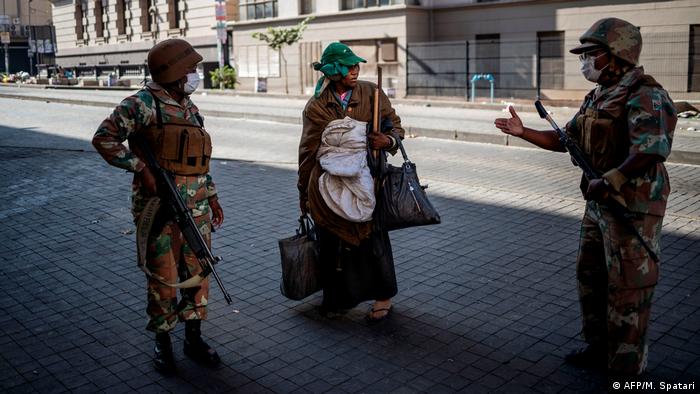
Women living in poverty have also been left behind during
the coronavirus pandemic, with some having nowhere to go
Even before the coronavirus crisis, the southern African country had already been struggling with major economic problems. The pandemic has made the economic problems faced by women even more apparent.
"We see a clear feminization of poverty," Mutisi explains. "Presently, thousands of Zimbabwean women are sitting in their homes with nothing to eat and no source of income. Many have been left completely destitute because of government lockdowns."
At the end of March, Zimbabwean President Emmerson Mnangagwa indefinitely extended a countrywide lockdown.
The informal markets are also largely closed — to the dismay of many women, Mutisi complains. As in many other African countries, women in Zimbabwe are disproportionately affected by poverty. Many have gone from a state of "acute poverty" to a state of "absolute poverty" as a result of the impact of coronavirus.
Less income, more risks
The situation is similar in the West African country of Guinea-Bissau, which has been trapped in a political and economic crisis for years, which coronavirus has now exacerbated.
"We women are suffering particularly from the consequences of the pandemic," says Adama Djalo, the president of the Association of Economically Active Women (AMAE) in Guinea-Bissau.
"A large part of the responsibility, including economic responsibility, rests on our shoulders," Djalo told DW. "Many of us have small shops and bear the responsibility for feeding whole families. We get up early at six in the morning and come home in the evening without a cent because economic life has practically come to a standstill."
President Umaro Sissoco Embalo has extended the national emergency until 25 June — and with it the challenges that many women are facing.
The lockdown also poses other risks for women throughout Africa. Curfews have led to a large increase in cases of domestic violence, says Mutisi: "We see a lot gender-based violence, not only affecting adult women, but also targeting young girls. Most of our studies have shown that perpetrators of gender-based violence tend to be people that are close to the victim. People enclosed in the same place, not having the chance to move out of the house, there is a lot of exposure."
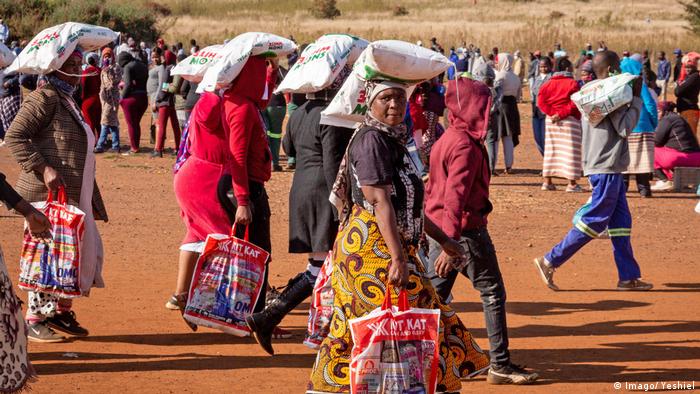
Women are still resposible for many domestic duties such
as collecting food during the pandemic
A step backwards for equality movements
In recent years, the women of Guinea-Bissau have made great efforts to exert more influence on political decisions. But this work has been interrupted by the pandemic.
"I fear that we women are being set back in our efforts to assert our interests, for example on the political and economic level," says Djalo. "Our fight for equality is made more difficult by this pandemic."
Guinea-Bissau has more than twenty different ethnic groups with completely different cultures and traditions. Many religious communities, such as the Muslim community of which Djalo herself is a member, are dominated by men who still hold outdated views on the role of women in politics and in professional life. Time and time again, women are told they should stay at home, veil themselves, and withdraw from public life. These reactionary views seem to be gaining momentum, especially during the coronavirus pandemic.
But Mutisi is more optimistic. She acknowledges that the pandemic is a real challenge for the women's movement and their ability to mobilize has been limited. But, she explains, "we also see reactions that give hope. We see women raising their voices when there is violence against women or underage girls." Recently there was even a demonstration in South Sudan during the lockdown. The protesters wore masks, of course.
For the women's movement, this pandemic poses a great challenge. But they will not give up easily. "They will continue to fight so that their voices are heard," says Mutisi.DW

